
Capital ideas: Ingo Schmidt discusses the relevance of Rosa Luxemburg's Accumulation of Capital
Rosa Luxemburg’s Accumulation of Capital was timely when it was published in 1913 and reads like a contemporary book today. Concluding her analysis of capitalist accumulation and imperialism, she forecast ‘a string of political and social disasters … punctuated by periodical economic catastrophes’.

Charles Darwin and Materialist Science
Charles Darwin’s masterwork, On the Origin of Species, was published in November 1859. It initiated a revolution in science that continues to this day.

Tony Cliff's Revolutionary Life
Biographer Ian Birchall believes Cliff's is such an important life that he has devoted 560 pages to it. These are followed by big slabs of bibliography, index, and notes. These academic-style appendices sit oddly with his subject, for Cliff was the most informal of political figures.
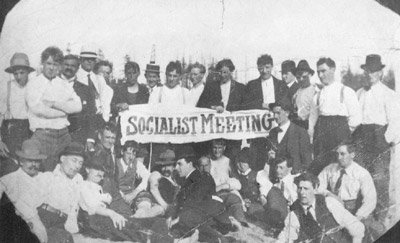
Revolutionary Socialism Emerges
Canada’s transition to an urban, industrial wage working economy took place from 1850 to 1921. In the 1850s Canada was an overwhelmingly rural place dependent on the harvest and export of resources, mostly fish and lumber, but increasingly agricultural as Canada became one of the world’s leading dairy and wheat exporters by 1900. Over time new minerals like silver and nickel and energy resources like coal and hydro were also exported, reorienting the export economy from Europe to the United States.

Building the Party – Canada’s Revolutionary Socialist Tradition
In Canada’s left culture today, it can be hard to imagine that revolutionary socialists were the dominant tradition on the left before World War One, among the leadership in the transition to industrial unionism by the 1940s (the force driving the creation of a Canadian welfare state), and an organized force of thousands in the 1960s and 1970s influencing a wide spectrum of struggles.
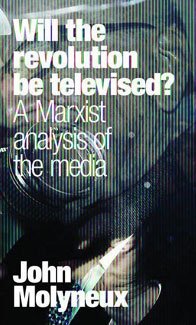
Will the Revolution Be Televised?: A Marxist Analysis of the Media by John Molyneux (review)
Molyneux believes there is a reality – a reality of exploitation and working class oppression – but he argues the futility of trying to combat the media on its own terms (a lesson that could have saved Ontario teachers a lot of money).

Toward the United Front: Proceedings of the Fourth Congress of the Communist International, 1922
John Riddell here begins bringing to a close an epic project of over ten years duration – the publication in English of the entire proceedings of the Third International, or Comintern, in Lenin’s time.

Anarchism: A Marxist Criticism by John Molyneux
It may be premature to declare capitalism in “crisis” while it remains firmly in control of virtually all levers of power in states around the world, but with popular revolts against the neo-liberal agenda springing up everywhere from Chile to Europe to Wall Street to Quebec, we may be seeing the rupturing of the passive, consensual relationship that bourgeois democracies have taken for granted between capitalism and the beleaguered populations who are its victims.

Gramsci: Revolutionary Activist
One of the leading Marxist activists in the classical revolutionary socialist tradition is Antonio Gramsci, an Italian socialist militant who saw the revolutionary potential in Italy’s post-World War One strikes; who became the leader of the Italian Communist Party in the 1920s; and who, as a prisoner of Mussolini’s fascist regime, reflected on these experience to ask how a revolutionary socialist party can build ‘hegemony’ or moral authority to win over a majority of workers to transformational change.
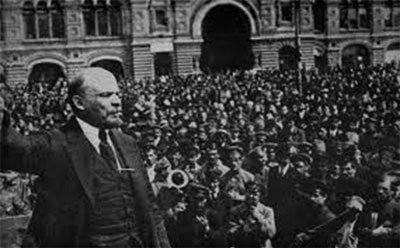
Rediscovering Lenin
Lenin led a successful workers’ revolution, but are his ideas about organization still relevant today?
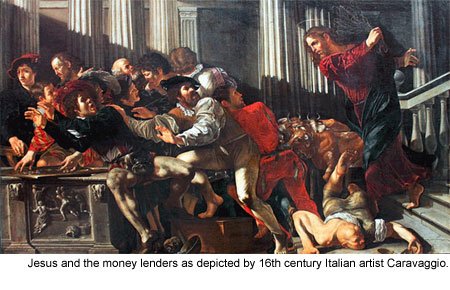
The contradictions of Christianity
Christianity originated as a religion of the persecuted and oppressed. But for most of its history, the church sided with the rich and powerful (and has been among their ranks) and turned a blind eye to poverty and oppression, writes Diane Fieldes.

Haiti: From Independence to Occupation
Haitians have suffered mightily for repeatedly defying and defeating the imperial order.
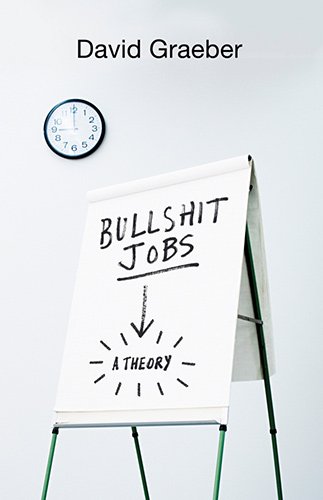
David Graeber. Bullshit Jobs: A Theory. (Review)
In his colourfully titled new book Bullshit Jobs: A Theory, David Graeber expands on an argument he first made in a 2013 essay that first appeared in Strike! That essay, called “On the Phenomenon of Bullshit Jobs,” went viral over the internet so quickly that the original web page received over a million hits and crashed the Strike! server.
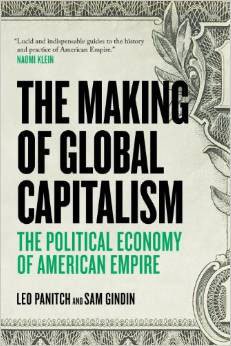
Global empire or imperialism?
During the global justice movement at the end of the 1990s, it was common sense among activists that globalization had bypassed and undermined the state system. Our enemies were not imperialist states but rather multinational corporations and international institutions like the International Monetary Fund (IMF), World Bank, and the World Trade Organization (WTO).
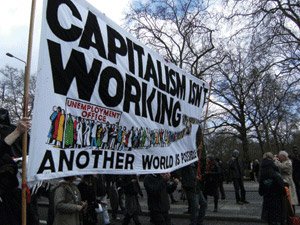
Why you should be a socialist
Many people think socialism is an extreme philosophy. It speaks volumes about the rottenness of capitalist society that ideas of equality, of organising and democratically controlling the economy to eliminate poverty, and to remove the sources of exploitation and oppression, are considered radical.
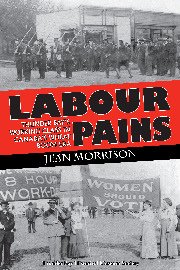
Labour Pains: Thunder Bay's Working Class in Canada's Wheat Boom Era (Review)
This is a study of working class formation. In particular, it is the story of the most advanced Thunder Bay (then Fort William and Port Arthur) workers from the 1880s to World War One as measured by such forms of autonomous institutional completion as trade unions and political parties.
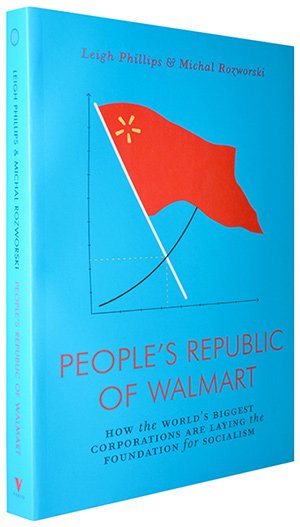
Is a Planned Economy Possible?
Phillips and Rozworski argue – and demonstrate in The People's Republic of Walmart – that economic life can be organized to meet needs rather than profit by planning through a democratic socialist state.

This Changes Everything
Every impatient radical familiar enough with the workings of capitalism and its primal role in human suffering longs at some point for others to take the red pill Morpheus offers Neo in The Matrix, which would allow people to see the world as it truly is.
